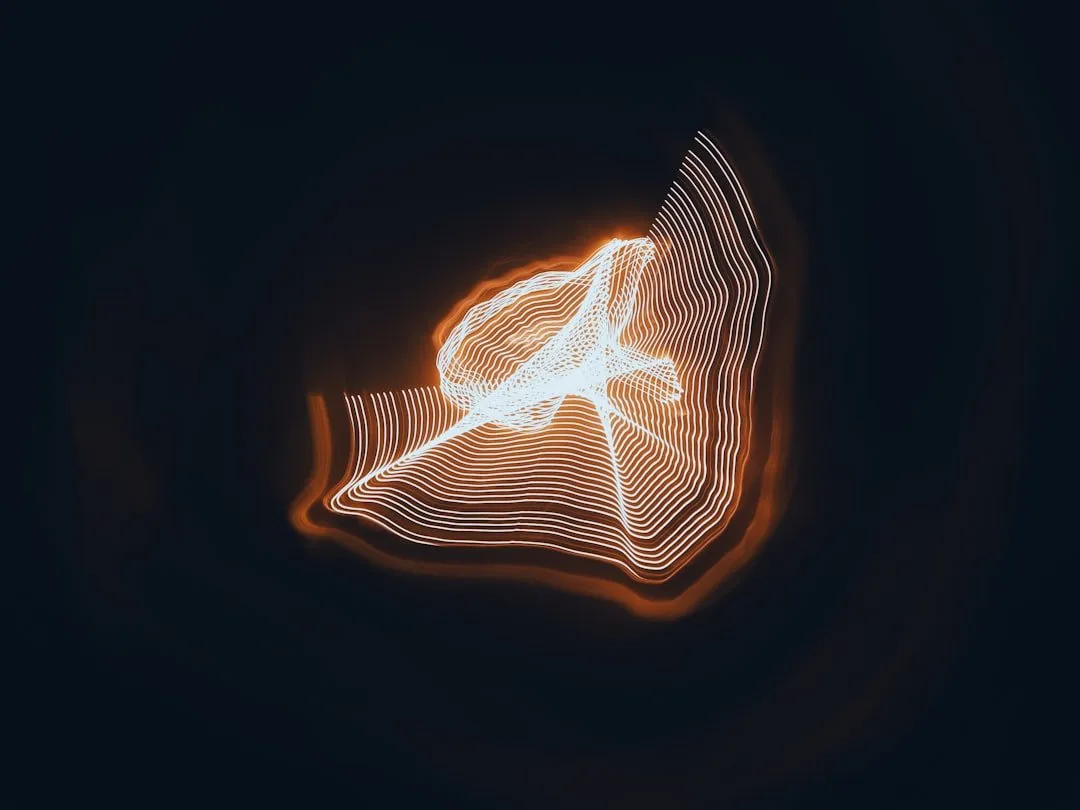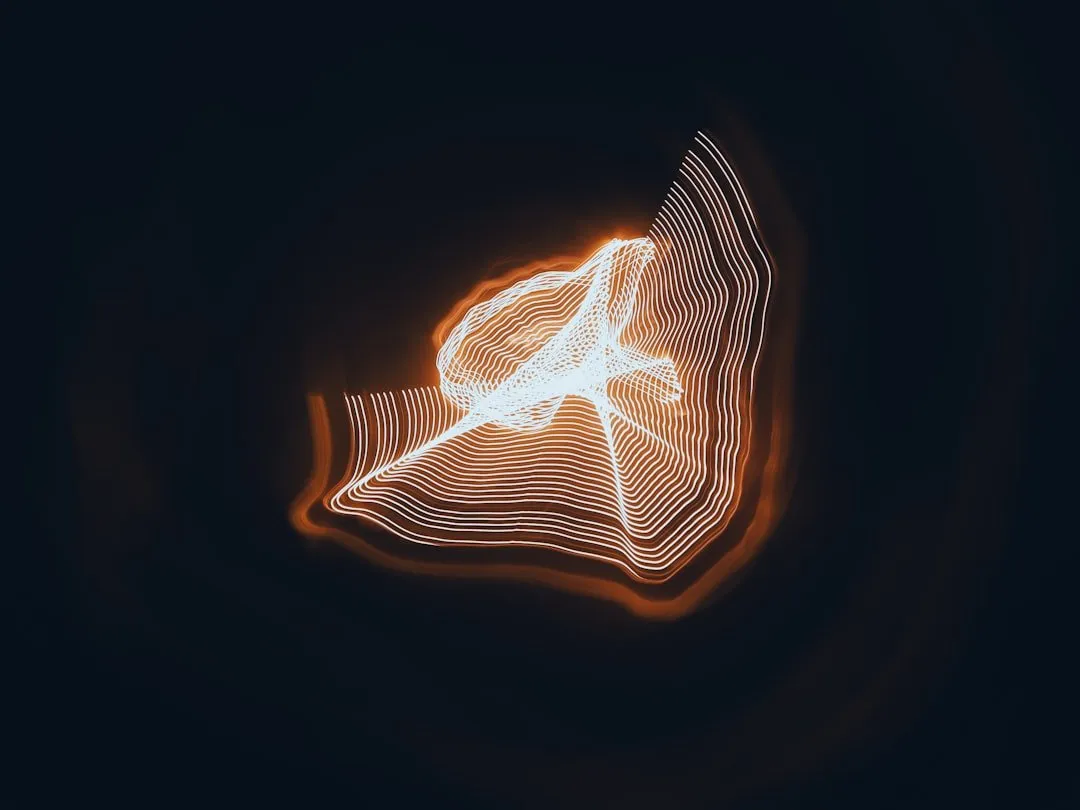Kratom, derived from the mitragyna speciosa plant, is a popular natural alternative for athletes looking to enhance performance, relieve pain, and speed recovery. However, its stimulatory properties can lead to sleep disruptions, particularly insomnia, in some users. Timing and dosage are critical factors, as proper sleep is vital for athletic success. While kratom offers benefits like improved focus and reduced muscle soreness, concerns about its impact on sleep highlight the need for responsible use, individual tolerance awareness, and expert consultation to avoid disrupting sleep cycles and compromising performance.
“Unleash your athletic potential with a unique approach to coaching: Kratom. This natural herb has gained attention for its potential benefits in sports performance. In this comprehensive guide, we explore how Kratom can revolutionize athlete recovery and focus. From enhancing endurance to supporting sleep, we dissect the science behind its effects. However, a common concern persists: does kratom cause insomnia? We delve into the research to separate fact from fiction, ensuring athletes make informed decisions regarding their well-being.”
- Understanding Kratom and Its Effects on Athletes
- Exploring the Role of Kratom in Athletic Recovery and Focus
- Does Kratom Cause Insomnia? Unraveling the Impact on Sleep for Athletes
Understanding Kratom and Its Effects on Athletes

Kratom, derived from the mitragyna speciosa plant, has gained attention in athletic circles for its potential performance-enhancing properties. Often used as a natural alternative to prescription stimulants, kratom is known for its diverse effects on the body and mind. Athletes looking to boost focus, endurance, and recovery have turned to this herb. It interacts with opioid receptors, offering pain relief and reduced muscle soreness, which can aid in quicker recovery after intense training sessions.
However, it’s crucial to understand that kratom’s effects vary from person to person, and its use is not without potential drawbacks. One common concern is its impact on sleep patterns. While some athletes report improved rest and reduced insomnia, kratom’s stimulatory properties can disrupt sleep in others, especially when consumed close to bedtime. This side effect is significant as proper sleep is vital for optimal athletic performance. Therefore, timing and dosage are critical factors for those considering using kratom for coaching purposes, ensuring it complements their training regime without compromising rest and recovery.
Exploring the Role of Kratom in Athletic Recovery and Focus

Kratom, a natural herb with diverse applications, has gained attention in the athletic world for its potential benefits in recovery and focus. For athletes seeking an edge, exploring alternative recovery methods like kratom coaching is worth considering. Unlike traditional stimulants, kratom is known to have sedative properties that can aid in post-workout recovery by reducing muscle soreness and promoting rest. This is particularly appealing for those who want to avoid the side effects associated with insomnia, a common issue faced by many active individuals.
The effect of kratom on focus has also sparked interest. Athletes often require heightened mental acuity during training and competition. Kratom’s ability to enhance concentration without the jittery sensation often linked to caffeine makes it an intriguing option. However, it’s essential to approach its use responsibly, considering individual tolerance and consulting experts to understand dosages, especially as concerns about does kratom cause insomnia persist in the athletic community.
Does Kratom Cause Insomnia? Unraveling the Impact on Sleep for Athletes

Kratom, a natural herb known for its diverse health benefits, has gained popularity among athletes as a performance-enhancing tool. However, one common concern is whether it can disrupt sleep patterns and lead to insomnia. Understanding the impact of kratom on sleep is crucial, especially for athletes aiming to optimize their physical condition.
While kratom has been associated with stimulant-like effects due to its active compounds, the relationship between kratom consumption and insomnia is not straightforward. Some users report improved sleep quality, while others experience difficulties in falling asleep or staying asleep. The effect may vary based on individual tolerance, dosage, and the specific strain of kratom consumed. Athletes should be cautious when using kratom as a pre-workout supplement, as it might interfere with their regular sleep cycles, potentially hindering recovery and performance.
Kratom has shown potential as a valuable tool in athletic coaching, offering benefits for recovery and focus. However, it’s crucial to address concerns regarding its impact on sleep, especially considering the heightened awareness around does kratom cause insomnia. While research continues, athletes should approach kratom use with caution, monitoring its effects on their individual rest and performance. Balancing the potential advantages with the risk of disrupted sleep is essential for optimizing athletic performance in a holistic manner.














